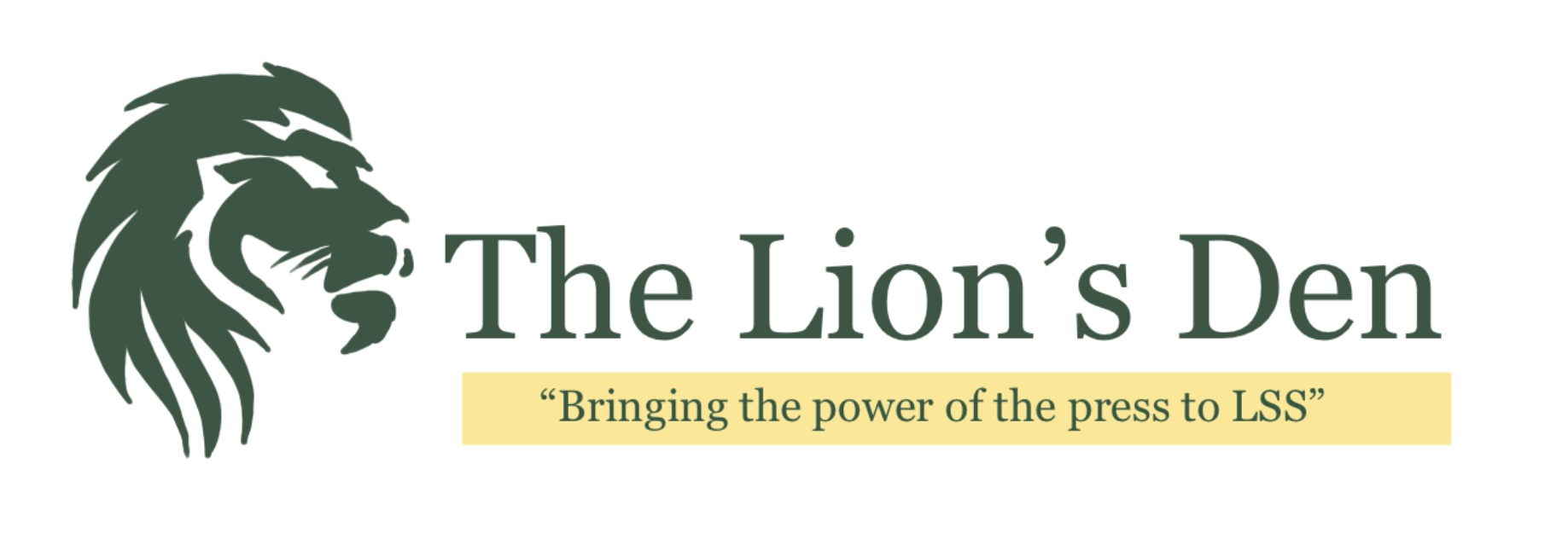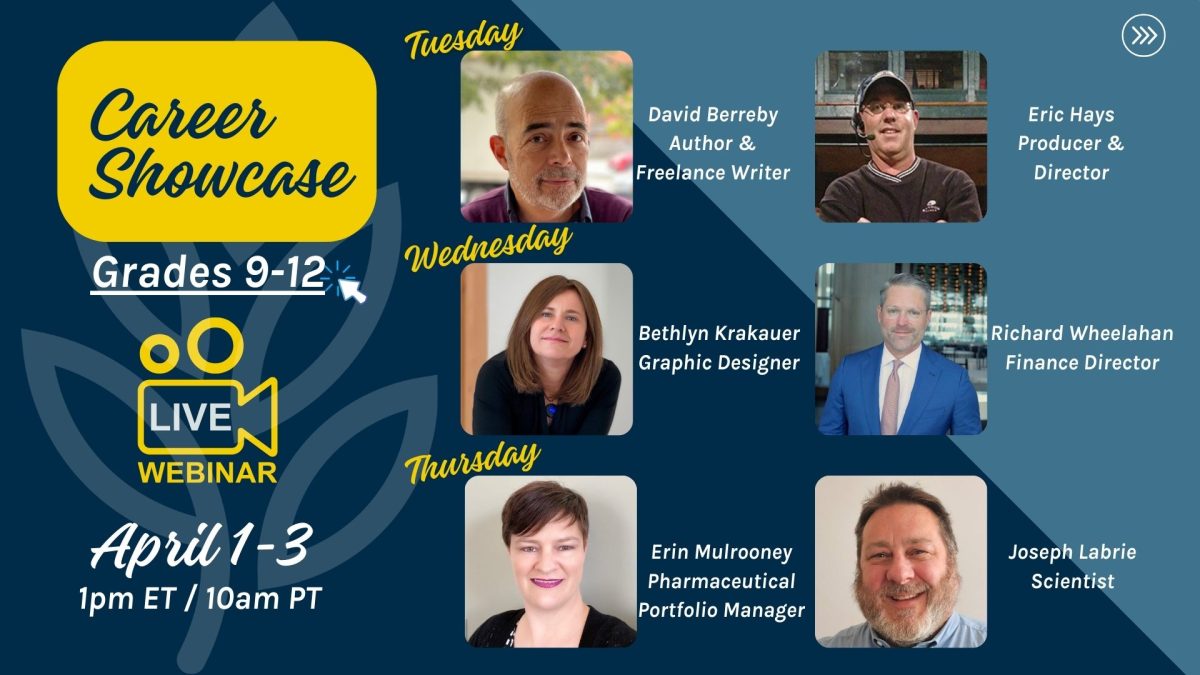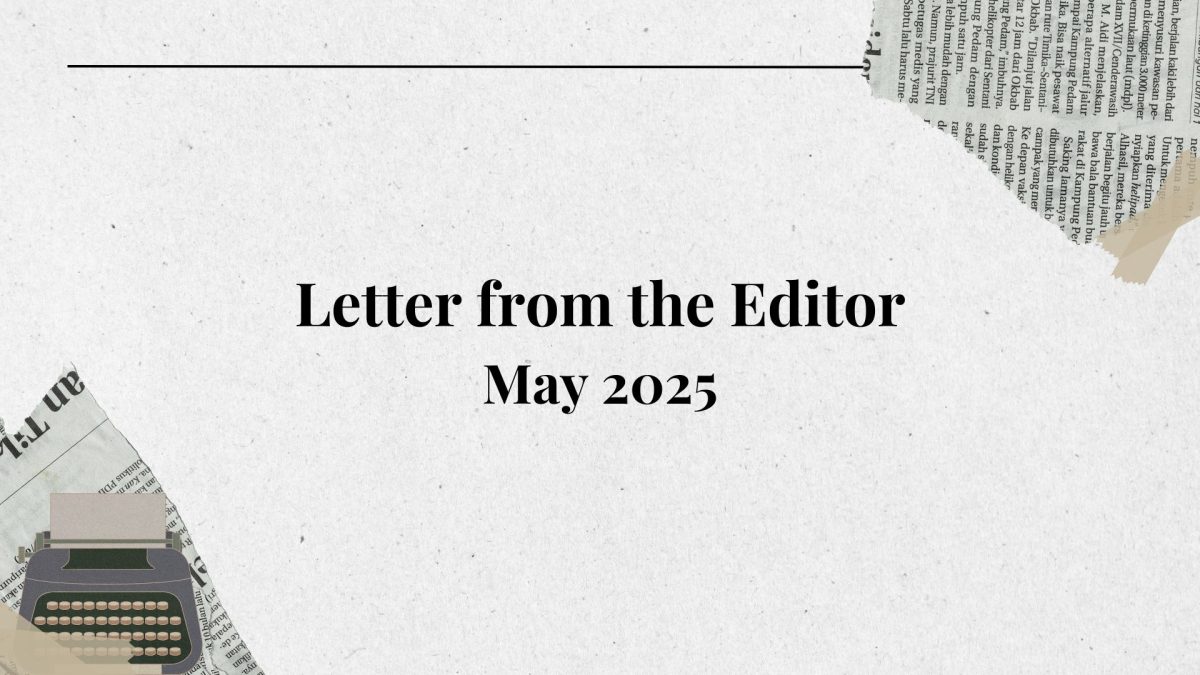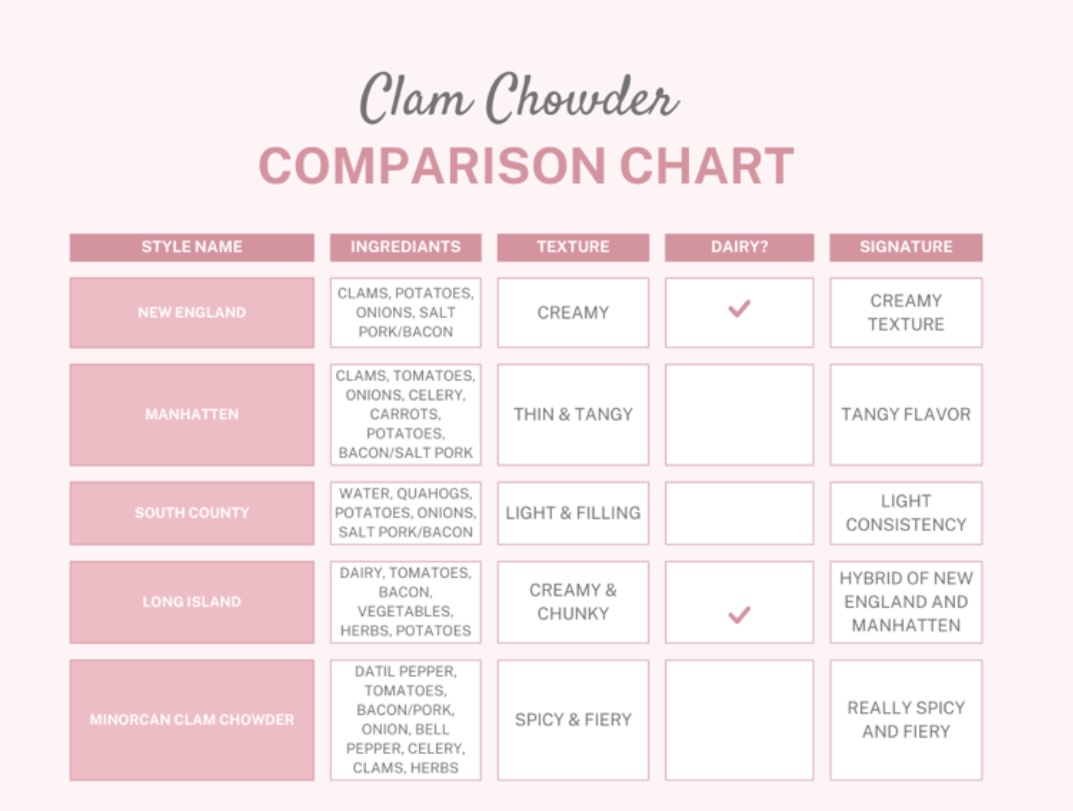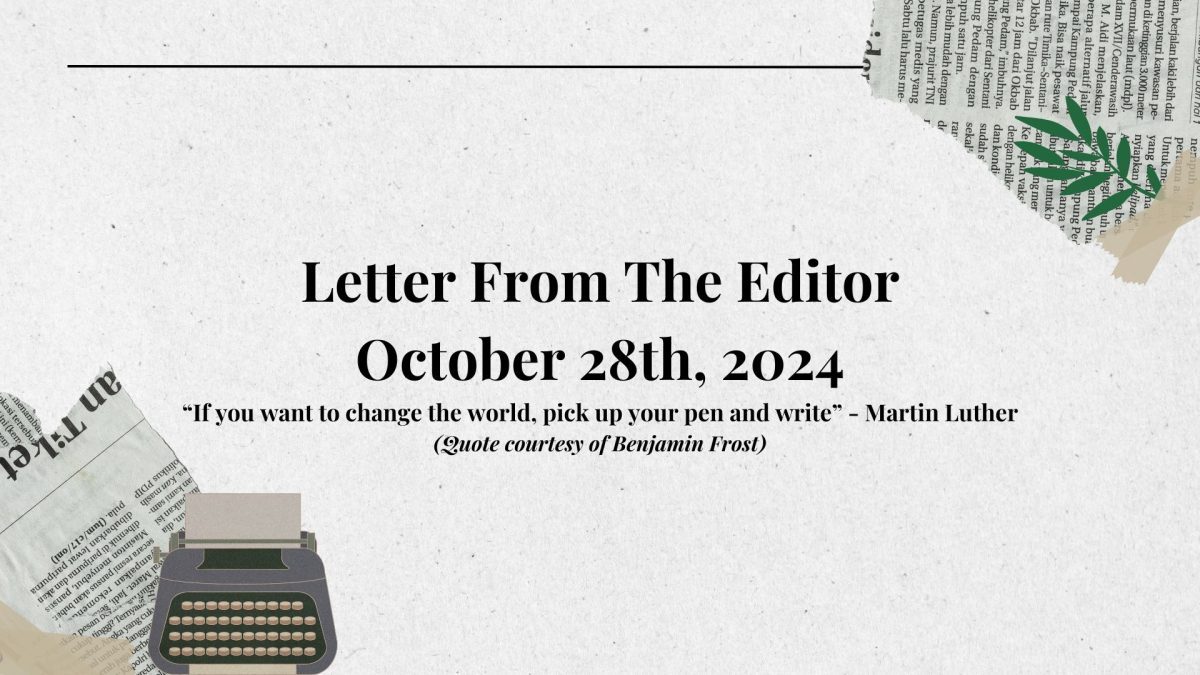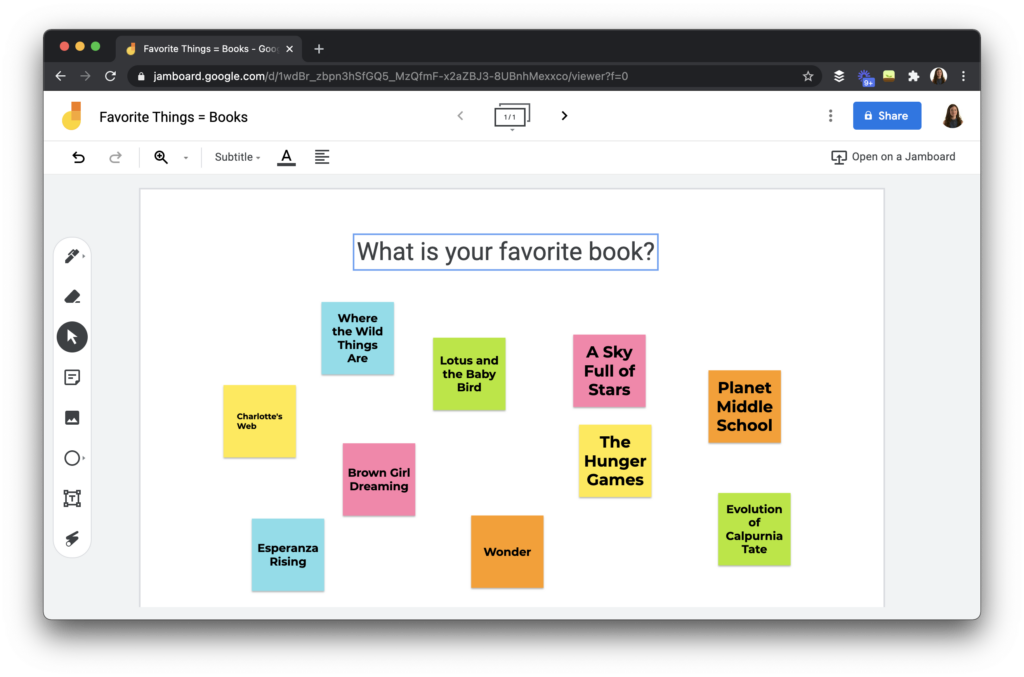Balancing academics with other activities while remaining focused and productive in each endeavor can be a challenge, but many students have found effective strategies to answer this challenge. From competitive athletes to dedicated musicians, I interviewed a variety of high schoolers to learn their best tips on managing time, keeping focused, and maximizing productivity. Their experiences (as well as the experiences of every Laurel Springs student) can be used to gain valuable insights into improving time management and focus.
For competitive freshman swimmer Addison Bennett, swimming dominates her schedule, dictating when she completes her schoolwork. Hidde Verkoeijen, a junior, practices tennis three times a week but considers it a hobby (prioritizing school above it). Baron Balfour, a senior, is a viola player. He is a part of two orchestras, one of which is the Laurel Springs Chamber Orchestra. Liam Stampe, a junior, is a violinist and also a member of the Laurel Springs Chamber Orchestra. He’s been able to use Laurel Springs’ flexibility to his advantage, adjusting his practicing and schoolwork schedules to accommodate his weekly priorities. Sophomore archer Riley Paul mostly uses a strict schedule with hard deadlines to ensure that she gets her work done in a reasonable amount of time, allowing her to practice archery, other extracurricular activities, and personal commitments. Together, these interviewees were able to provide me with a variety of useful tips on maximizing productivity, time management, and focus.
Maintaining healthy habits―diet, sleep, and physical health―is crucial for focus. Addison and Baron both extol the value of getting eight hours of sleep per night, with Baron noting, “I think getting enough sleep is something that a lot of people ignore and skip out on, […] and sleep is so important because it’s when your brain recovers from the day and it’s when your brain can relax and processes all the information you have. If you don’t get enough sleep, it’s going to be very, very hard for you to focus for even an inch of your day.”
Sleep isn’t the only aspect of your life that you should keep healthy, though. Diet also plays a massive role in focus and productivity. Studies show that consuming junk food can negatively impact mental health, in turn leading to worsened focus and productivity. Instead, maintaining a diet that includes greens, fish, berries, caffeine, and nuts can significantly enhance your brainpower (as well as focus and productivity by extension). The third component of healthy habits is exercise. Regularly working out has a variety of benefits regarding focus. For one, it helps maintain high blood glucose levels, allowing the brain more energy to focus on tasks. Exercise also encourages the brain to make new connections between neurons. What’s more, exercise (specifically cardiovascular exercise) helps your body release a variety of neurotransmitters, such as endorphins, dopamine, and serotonin, that boost your mood, fueling motivation to complete more work.
Another important tip is to set clear goals and establish a routine. Many interviewees, like Addison, Riley, and Baron, rely on specific goals to remain motivated and focused. As Riley noted, “Something that has been really important to me is making a schedule and making sure I have hard deadlines for my different aspects of life.” Setting goals helps you visualize success, which can be a powerful motivator and will keep you accountable as you finish your schoolwork and other activities in a timely manner. The best type of goal to set is a SMART goal. A SMART goal is a goal that’s specific, measurable, achievable, relevant, and time-bound. By ensuring that your goals fit these five criteria, you can create reasonable goals that you’ll be able to accomplish.
It’s easy to set goals that expect too much of us, and when you fail to meet these goals, it becomes demoralizing. This is why it’s important to set reasonable goals that you can achieve in a timely manner; you feel accomplished after completing them, motivating us to aim to complete more. Routines and rituals are also essential when it comes to time management and productivity. Rituals can help create mental cues that indicate to our brain that it’s time to focus. Hidde described the Four Stages of Mental Toughness in tennis (positive physical response, eye control, breathing, and ritual). He described the ritual stage as such: “This one is the most important for me when it comes to concentration. You know that usually if it’s a stressful moment you start talking to yourself, but in tennis it’s usually, ‘What if I miss these two serves?’ or, ‘What if he has a really good return?’ Ritual is: you step to the line. You bounce the ball the number of times you do. You serve. Don’t let anything talk you out of what you’re going to do now.”
As he notes, it’s important to focus on yourself, stay determined, and stay consistent while completing schoolwork. Rituals help us concentrate by reducing the number of variables that we have to divide our attention between and by bringing us a sense of security that quiets our nerves and focuses our brains.
An important part of time management is properly balancing commitments, prioritizing tasks, and remaining flexible with scheduling. Several interviewees acknowledged that balancing commitments is challenging, but a very important skill to have. Addison, for instance, schedules her schoolwork around swim practice, whereas Liam adjusts his violin practice based on his daily academic load. Each person has a different approach that works for them based on how they prioritize their different responsibilities, but there remain salient and universal tips.
For one, there are many valuable time management tools such as Pomodoro timers and app blockers that you can use. Liam, who emphasized the value of creating a quiet environment, described his ideal space for practicing violin as, “A place that’s quiet with good acoustics, and normally that’s my room for myself. I usually limit how much technology I have in the room. […] I usually leave my computer somewhere else, just limiting distractions, closing the door so it’s quiet, maybe even making the environment more appealing by opening the window and getting some fresh air rolling through.” This ideal environment also applies to schoolwork (with the exception of leaving one’s computer elsewhere). A comfortable and distraction-free environment is the best environment to work in.
Even with all of these tips, it can sometimes be hard to keep up with school or other obligations. In situations like those, however, it’s important to learn how to reset. Setbacks are inevitable, and adopting a growth mindset is a healthy way to learn from your mistakes without overly dwelling on them. All of the interviewees provided examples of setbacks that they experienced and all of their examples had one commonality: they all learned from the mistakes that led to those setbacks and ensured that they never happened again.
For instance, Addison described her setback as such: “Last year, I went on this Thanksgiving vacation, and I had skipped a bunch of days of school, and I had skipped swimming and everything to go on this vacation. When I came back, I was drowning in schoolwork, drowning in swimming. […] It was hard to get back in the swing of things. After that vacation, it took me forever to get back on target for school with all my due dates. I guess it’s a hard thing, but you just have to keep doing assignments, even if you’re behind. And same with swimming, you just keep having to practice and keep working through things.” Instead of regretting her vacation, Addison solely focused on catching up in both swimming and school―and eventually succeeded.
Whether it’s maintaining a good diet and sleep schedule, creating SMART goals, or learning to reset after setbacks, improving time management, focus, and productivity is a personal journey. The variety of insights from my peers who are able to successfully balance school with other activities, responsibilities, and obligations demonstrate how different strategies work for different people. Experimenting with different techniques is absolutely key to finding out what works best for you. By prioritizing what’s important, using tools and strategies to stay on track, and adopting a resilient and growth-oriented mindset, anyone can become more productive. I encourage everyone reading this article to talk with their friends and peers about how they stay on track; the more people you discuss this topic with, the more tips you’ll hear about and have the opportunity to tell others about. The more tips you’re aware of, the more you can experiment and optimize your focus, time management, and productivity.
